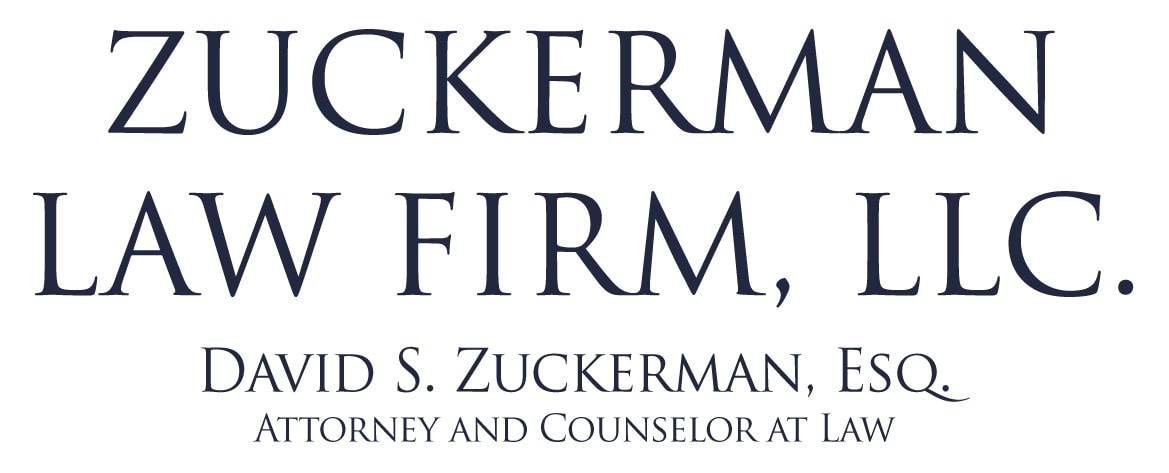DUI WITH BLOOD ALCOHOL CONTENT OVER .16%
Those who are pulled over and later arrested on suspicion of Driving Under the Influence of Alcohol (DUI) will be asked to submit to chemical testing through blood or breath tests. Pennsylvania’s legal limit for Driving Under the Influence of Alcohol (DUI) is .08%. Anyone operating a vehicle with a blood alcohol content or breath alcohol content (BAC) exceeding .08% will be prosecuted for DUI in the Commonwealth of Pennsylvania.
The highest threshold for alcohol impairment in Pennsylvania applies to those who had a BAC of .16% or above, which is double the legal limit. Our clients facing DUI charges at the highest level of impairment are concerned about the potential consequences, including jail time, a loss of license, and fines.
What are the penalties for a DUI With Blood Alcohol Content Over .16%
Pennsylvania has a three-tier system to classify DUI offenses pertaining to alcohol: lowest tier for BAC between .08-.099%, high tier for BAC between .10-.159%, and a highest tier for BAC of .16% or greater. If chemical testing reveals a Blood Alcohol Content over .16%, you will face a highest tier DUI offense for operating a vehicle at over double the legal limit.
Your penalties for a DUI with a BAC of .16% or greater are as follows:
First Offense: Ungraded misdemeanor carrying a 3-day mandatory minimum jail sentence, maximum sentence of up to 6 months in jail, a 12-month license suspension, mandatory minimum $1,000 fine, court-ordered treatment program, Alcohol Highway Safety School, and ignition interlock requirement for 1 year.
Second Offense: 1st degree misdemeanor carrying 90-day mandatory minimum jail sentence, maximum sentence of up to 5 years in jail, a 18-month license suspension, mandatory minimum $1,500 fine, court-ordered treatment program, Alcohol Highway Safety School, and ignition interlock requirement for 1 year.
Third or Subsequent Offense: 3rd degree felony carrying 1-year mandatory minimum prison sentence, maximum sentence of up to 7 years in jail, mandatory minimum $2,500 fine, court-ordered treatment program, Alcohol Highway Safety School, and ignition interlock requirement for 1 year.
There are other negative repercussions that may occur, including having a permanent criminal record, an increase in auto insurance premiums, a loss of employment or housing opportunities, negative credit if a collection agency is used to collect fines, and the possibility of being sued for damages in civil court in accident cases.
Should I be concerned that my BAC was so high?
In addition to the tier structure noted above, prosecutors and judges may weigh DUI cases differently based upon the level of impairment and individual facts of your case. When your BAC is twice the legal limit in Pennsylvania, you’re not viewed as a person who just had one drink too many. Whether fair or unfair, you may be viewed as someone who is unable to control their drinking habits or make good judgments. This is especially the case when you are facing your second or third DUI offense.
Seek Representation from an Experienced Pittsburgh DUI Attorney
If you have been arrested for a DUI, you should expect to receive a police criminal complaint in the mail within 2-8 weeks from the arrest date. In the meantime, you should reach out to a Pittsburgh DUI Attorney to discuss your case, any potential defenses, and options for resolving your case. Defenses may include:
You were pulled over without the requisite probable cause or reasonable suspicion to believe you violated the vehicle code;
You were arrested and subjected to chemical testing without probable cause;
The results of your chemical test were inaccurate;
The instruments used to collect and test your BAC were inaccurate or otherwise faulty.
Pittsburgh lawyer Dave Zuckerman is a former DUI prosecutor who now defends those facing DUI offenses throughout Allegheny County and the surrounding counties in Western Pennsylvania. Attorney Zuckerman will fight to build a defense for those who want to go to trial or suppress evidence against them. In other cases, where the evidence is strong, we will help build a strategy for minimizing consequences. For a free consultation, call 412-447-5580.
